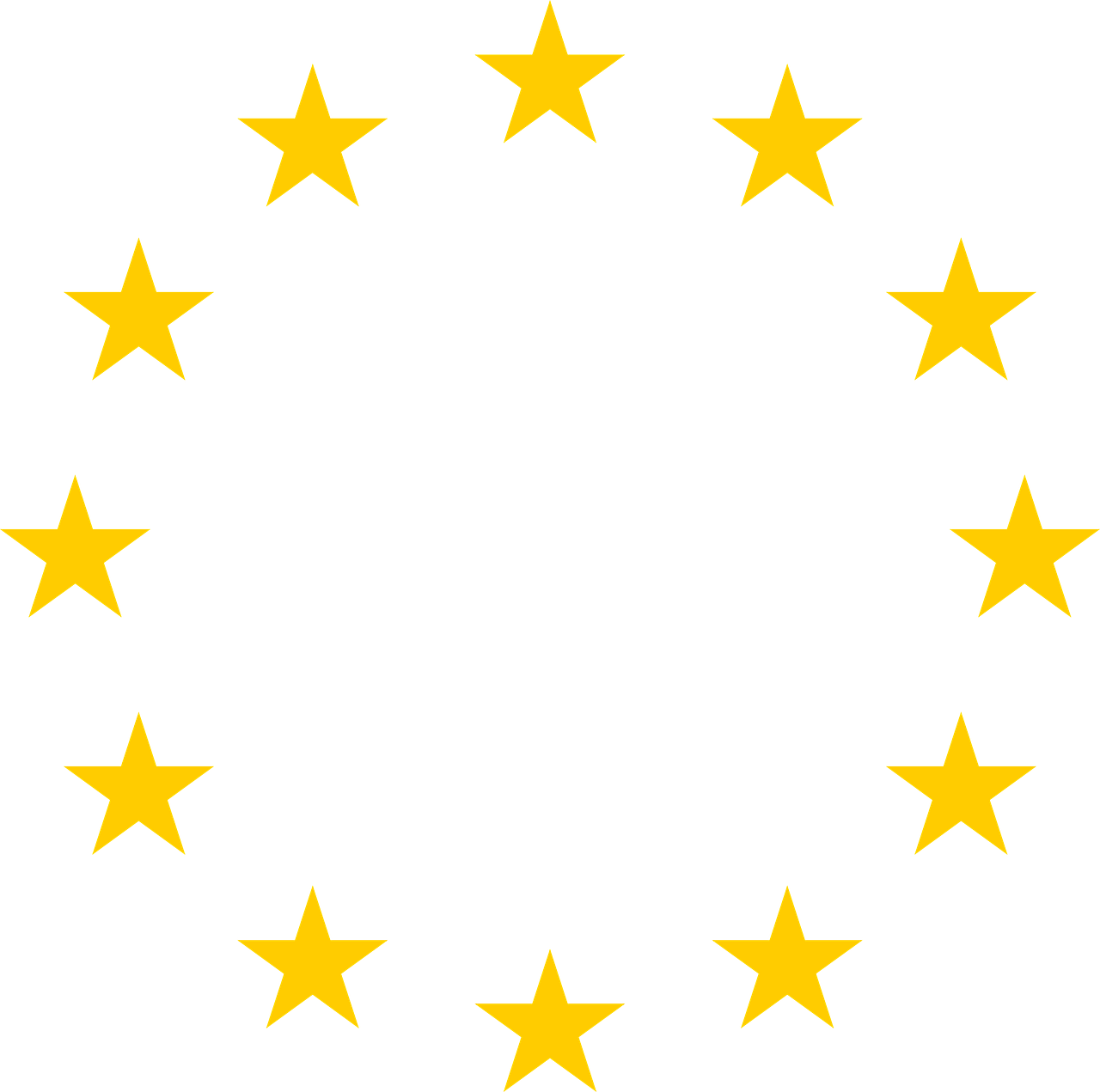Compressed Air Leak Detection
The smallest leaks in compressed air lines lead to noises in the ultrasonic frequency range which are generated by turbulently escaping flow eddies.
Ultrasonic measuring devices can be used to detect such compressed air leaks.
Leaks in compressed air systems lead to approx. 15 to 20% energy losses per year in compressed air generation. This corresponds to about 20 to 30% of the total output of a compressor system; in older networks, this may well be in the order of 30-40%.
Regular monitoring of the compressed air network (see ISO 11011) provides sustainable support in finding potential leaks in compressed air systems, monitoring the network and thus ensuring energy-efficient compressed air consumption.
Our Services
- Location and marking of leaks during ongoing operation
- Detailed reporting with photo documentation
- Regular monitoring in accordance with ISO 11011

Quickly reduce compressed air costs and energy consumption
- Reduce compressed air loss / consumption by up to 30%.
- Reduction of energy consumption and thus compressed air costs
- Leakage detection during running production
The most common leakage potentials in compressed air networks are usually:
- Couplings; Push-to-Lock (quick couplings)
- Fittings
- Pipelines (welds)
- Fittings
- Pipe connections with threads
- units of filters, regulators, lubricators
- Condensate separators
- flanges
- Seals
- Pneumatic reservoirs
- Connecting separators:
- Shut-off and control valves
- Point-of-use devices:
- Obsolete lines from rebuild or disconnect
Quickly reduce compressed air costs and energy consumption
- Reduce compressed air loss / consumption by up to 30%.
- Reduction of energy consumption and thus compressed air costs
- Leakage detection during running production
Your advantages
- Direct energy savings and thus cost reduction
- Improvement of compressed air supply in the entire compressed air system
- Fully documented measure for your energy management according to ISO 50001, EMAS or DIN 16247-1

QHSE Compliance Division Europe


